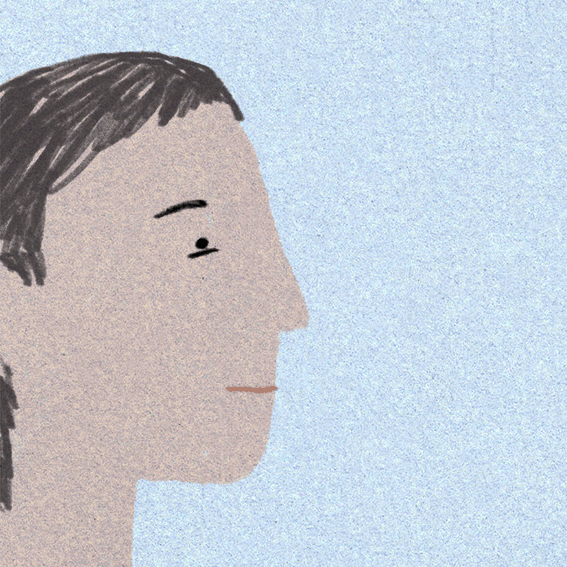A quick tip for better conversations
Plus, do we agree on more than we think?
(credit: elif demir)
“I think it's very dangerous to think that love as we know it, which is tailored to the kinds of relationships that we have, exists exactly in the same way in other cultures.”
-Psychologist Batja Mesquita
BRAIN WAVES
Speak up! If you want people to like you, you might think that means talking less and listening more. Who doesn’t love a good listener? But this might be a mistake. New research suggests people want us to speak up in conversation more than we think they do. Researchers had volunteers engage in one-on-one conversations with people they just met. They randomly assigned those volunteers to speak for 30%, 40%, 50%, 60% or 70% of the time during a conversation. People thought they should limit their time talking to about 45% in order to be likable, but the more someone talked, the more they were liked by their conversation partners. “We call the mistaken belief that being quieter makes you more likable a ‘reticence bias,’’' wrote study author Quinn Hirschi for Salon. People should feel comfortable speaking up more than they typically might, Hirschi says – just don’t steamroll the conversation. Want more tips for better conversations? Listen to our episode with Deborah Tannen.
The same page. Scroll through social media, and it’s easy to believe people are extremely divided. But quite often, we’re more united than we think. For example, a new study found that Americans greatly underestimate how many other people support climate policy. The vast majority of people in the United States — 80 to 90 percent — think that less than half of Americans are in favor of policies aimed at mitigating climate change. In reality, more than half of the U.S. population — 66 to 80 percent of people — support those policies. Psychologists call this “pluralistic ignorance;” that is, the misconception that one’s beliefs are different from the majority.
Some challenges can feel insurmountable. But psychologist Emily Balcetis says the solutions are often right in front of our eyes. This week, as part of our annual series on personal growth and reinvention, we revisit a favorite 2020 conversation about how we can harness our sight to achieve our goals. Listen to learn more.
ON THE HIDDEN BRAIN PODCAST
Sept 12:We like to think that all humans are born with the same core emotions: anger, fear, joy, sadness and disgust. But what if that's not true? This week, psychologist Batja Mesquita offers a different model of emotions — one that can help us to better understand our own feelings and those of the people around us.
ON THE MY UNSUNG HERO PODCAST
Sept 13: Ken Wilcox's life felt hopeless, like there was nowhere left to turn. Then a simple act from a stranger on the street changed his perspective, and his life.
Don’t forget to send us the story of your unsung hero! Record a voice memo on your phone and email it to myunsunghero@hiddenbrain.org.
MIND GAMES
A man is caught on the King's property. He is brought before the King to be punished. The King says, "You must give me a statement. If it is true, you will be killed by lions. If it is false, you will be killed by trampling wild buffalo.” But in the end, the King has to let the man go.
What was the man's statement?
LAST WEEK’S PUZZLE
I am your mother's brother's only brother-in-law. Who am I?
The answer:
FROM THE TWITTERATI…
A MOMENT OF JOY
Our favorite kind of bread.
Have an idea for Hidden Brain? A story you want to share with us? Send an email to ideas@hiddenbrain.org. And if you’d like to support our work, you can do so here. Listen to us on Spotify, Apple, Amazon Music or your favorite podcast platform.





